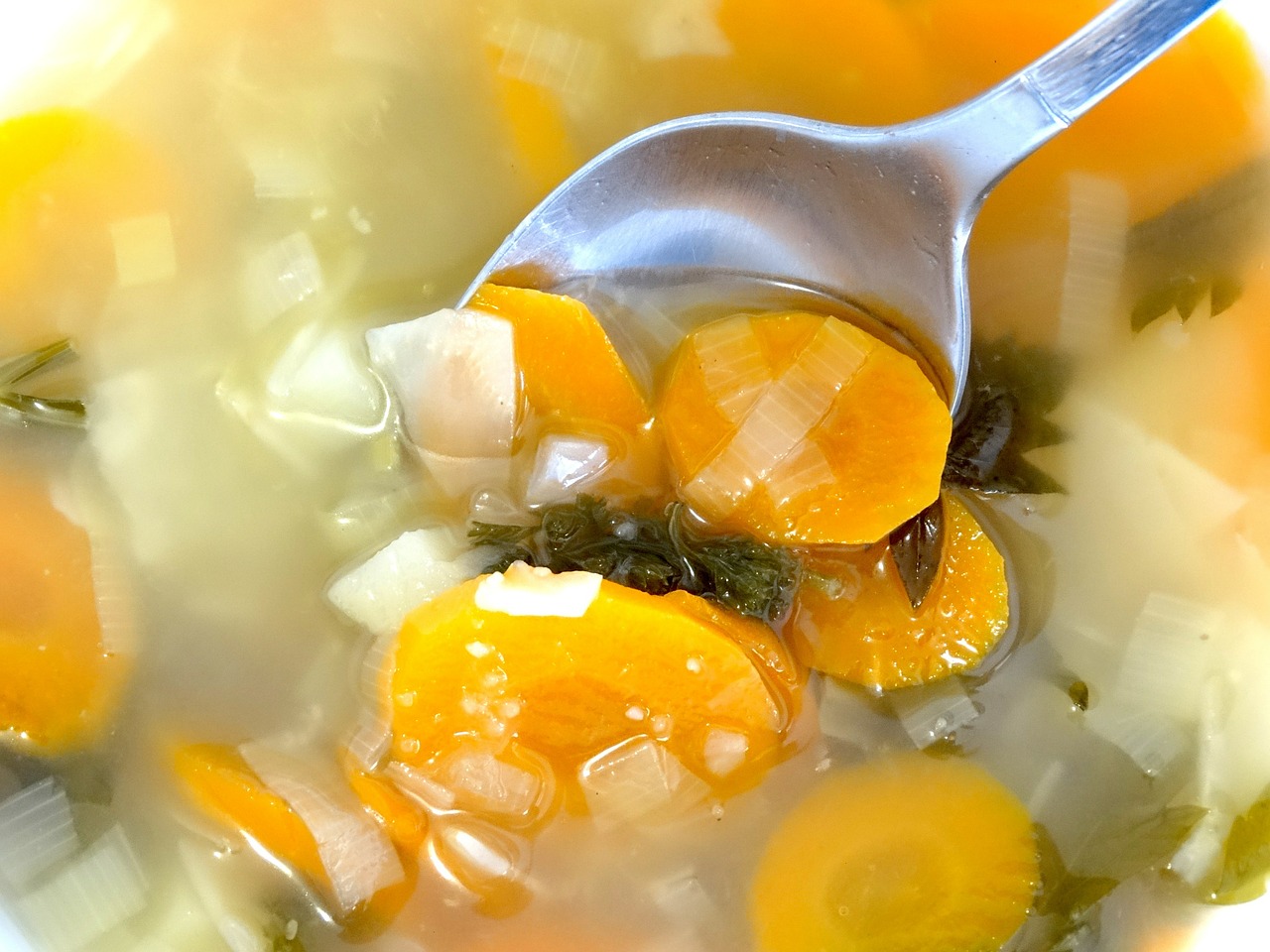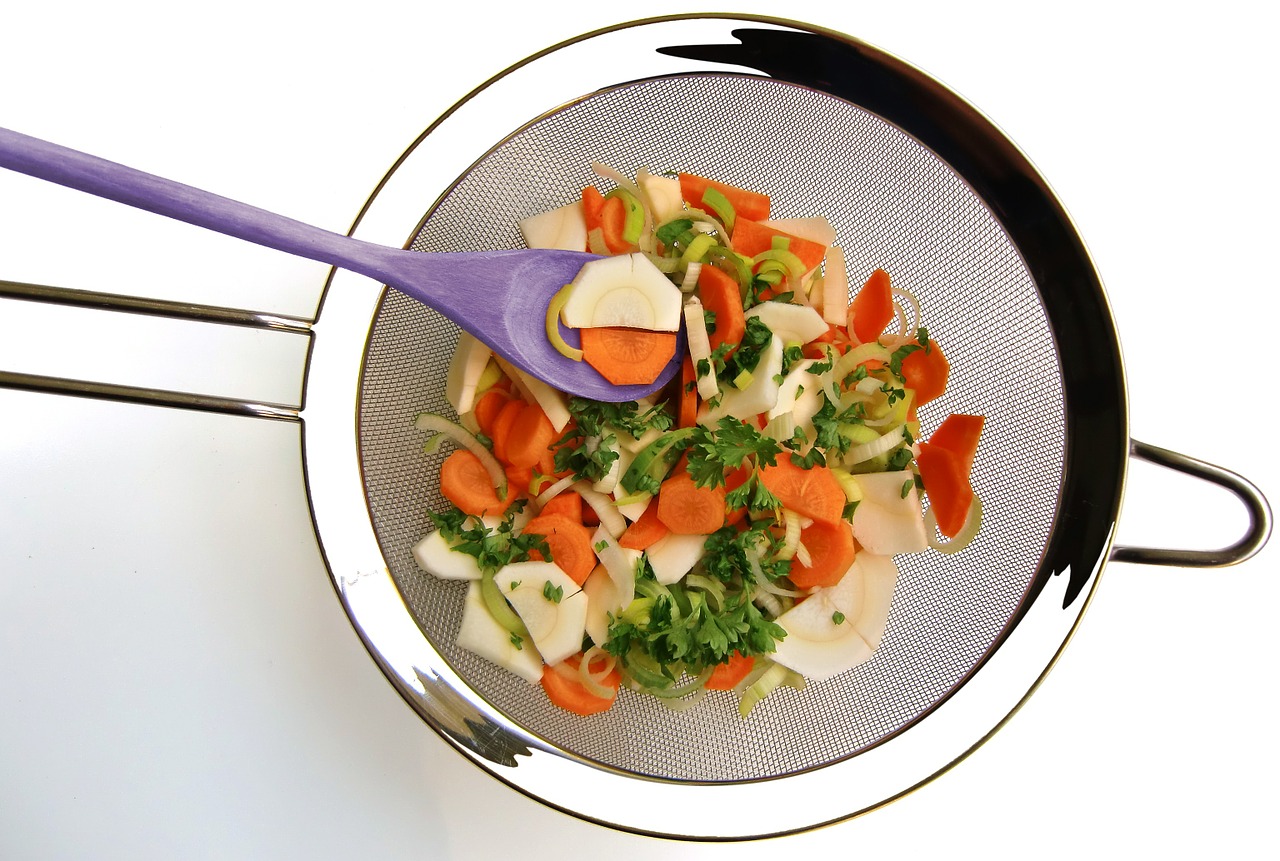Cooking vs Raw Vegetables
Vegetables are important in helping us fight diseases and also to keep us strong . But do we need to eat them raw? The main concern with with cooking vegetables is that it reduces heat sensitive nutrients like vitamins, minerals, phytochemicals, antioxidants and enzymes. There are many ways of cooking and each method effects these nutrients in a different way.
Vitamins
When the vegetable is removed from its root or source. It starts losing some vitamins like Vitamin C and B complex. By keeping the vegetable in cold temperatures it can slow down the loss of vitamins, so putting them in the fridge can help.
Vitamins E and K are minimally affected by cooking. High temperatures produced during deep-frying can destroy vitamin E. Vitamin K is a resilient nutrient and is fairly well retained in most cooked or stored foods.
Minerals
All minerals are unchanged by heat although they can get washed away in the cooking water. Keep the water you used for cooking them and use it for soups or smoothies.
Fatty Acids
Fatty acids are sensitive to heat and are also affected by exposure to light and air. Leafy greens have a fair amount of Omega 3. Eating them raw will prevent oxidation and the formation or free radicals.
Phytochemicals
Some phytochemicals are better absorbed raw and others cooked. Most of them are better absorbed when blended, purred , or thoroughly chewed.
A study published in the Journal of Agricultural and Food Chemistry (October 25, 2008) titled “Bioavailability and Kinetics of Sulforaphane in Humans after Consumption of Cooked versus Raw Broccoli,” it was found that the anti-cancer compound sulforaphane was available at a rate of 37% if the broccoli was eaten raw, but drops to 3.4% if eaten cooked.
Although, a study looked at the actual absorption of cooked, pureed carrots versus raw and pureed carrots. It showed that 75% of beta-carotene was absorbed from cooked, pureed carrots versus 47% percent from the raw, pureed carrots.
Outcome
Raw foodists in general eat more vegetables and fruit than the average mainstream population and in fact get more beta-carotene in their diet, even if there is more absorption of beta-carotene in cooked carrots.In ordered to acquire nutrients from the vegetables they need to be throughly chewed. If not, they will stay inside their cell walls and will not be absorbed. If not properly chewed, 70-90 of the nutrients may not get to the bloodstream.
Certainly some nutrients may be lost when foods are cooked. Raw vegetables contain an abundance of nutrients and eating a least one portion a day may be crucial to a vital health.










Recent Comments